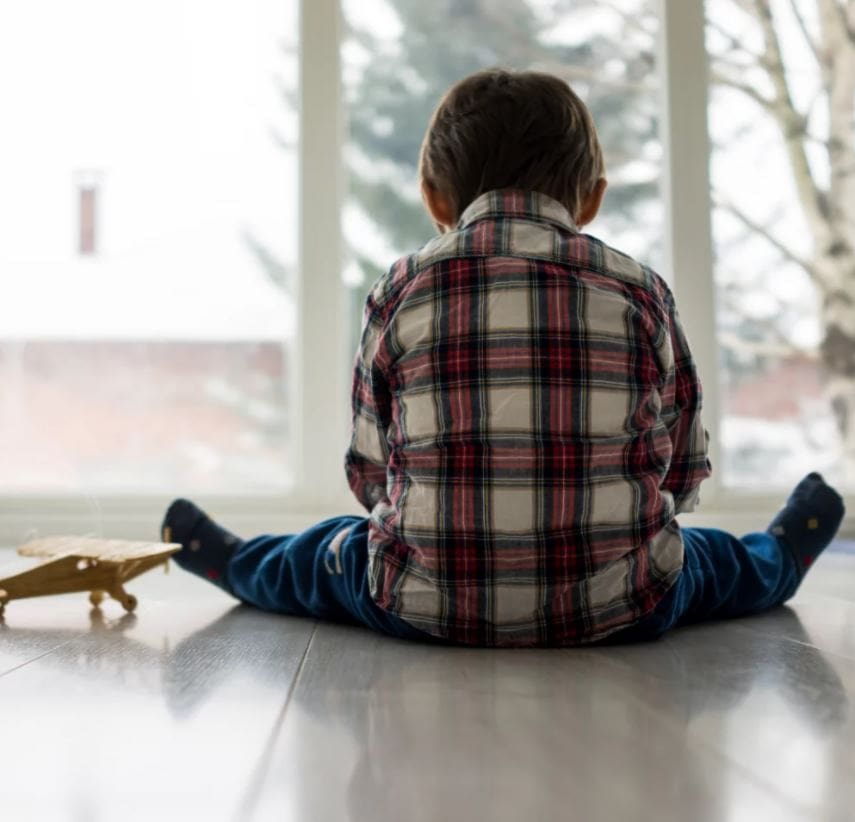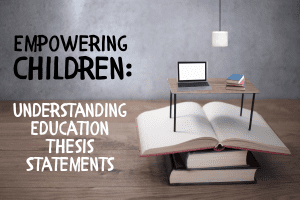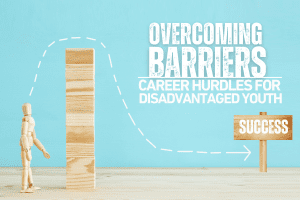Helping your child with mental health
Blog written by Elyse Merriman Trustee, IT Teacher & Software Developer
The past 365 days have not been an easy one for the majority of people. It’s been filled with uncertainty, disappointment, fear, and anger among other emotions. While we can take comfort in knowing that other people have been feeling that way too, it doesn’t diminish the need that we have to forge a human connection. Now more than ever, it is important to be empathetic and help others and ourselves through this tough time. It can be difficult to know where to begin to help yourself or your child with getting through this hard time. A lot of people have taken a hit to their mental health, parents included. It’s important to be compassionate to yourself as well.
As children transition back to school, it’s another chance for both students and parents. Learning to listen without judgement – it takes courage for someone to open up and share their feelings, and it shows that they trust you. Don’t erode that trust by dismissing their feelings or making unhelpful comments.
Be open and ask questions – Sometimes children won’t feel comfortable bringing how they’re feeling up on their own, but it’s important to have regular conversations in general to keep the lines of communication open. The things that might not seem important to you might be important to your child. Friendships and schoolwork are a big deal to children, so taking an interest helps to build up trust. If they feel comfortable bringing small things to you, they’ll start to feel comfortable opening up about bigger issues. Find what works for you and your child – It’s important to work collaboratively with your child on what works for them.
Even though it is difficult to see your child in pain and it’s tempting to just offer solutions, helping your child come up with what works for them will help empower them and take ownership of their feelings. If you don’t know where to start, try asking your child what they would tell a friend that is in the same situation. Not every technique or tip will work for everyone. It’s understandable to feel like nothing will change or get better. The important thing is to keep going. The process of feeling better isn’t linear. Some days will feel better than others. And that’s normal. Try to take things one day at a time. If you have a bad day, treat yourself with compassion and focus on the new start that tomorrow brings. Seek help if you need it – Whether a professional such as your GP or a therapist or looking at online resources, it’s important to get help if you need it.
Many people are struggling and it takes strength to take the first step towards feeling better. While many face to face services have been disrupted, your GP surgery will know what resources are still available in your community and can point you in the right direction. We’ve included a list of resources below, both for parents to look at or resources that you can pass onto your child to look at. Because together we can reach our full potential.
Resources for parents
Royal College of Psychiatrists – Young People and Mental Health
Young Minds – Help for Parents
Gov UK – Guidance on supporting children’s mental health during coronavirus –
Talking to your GP about Mental Health
Seeking Help For a mental Health Problem
Resources for kids
Mindshift CBT app : An app to use in day to day life to help manage anxiety
We All Have Mental Health – video
Child Mind Institute – How To Support a Friend With Mental Health Challenges –
Childline – Visiting your Doctor




